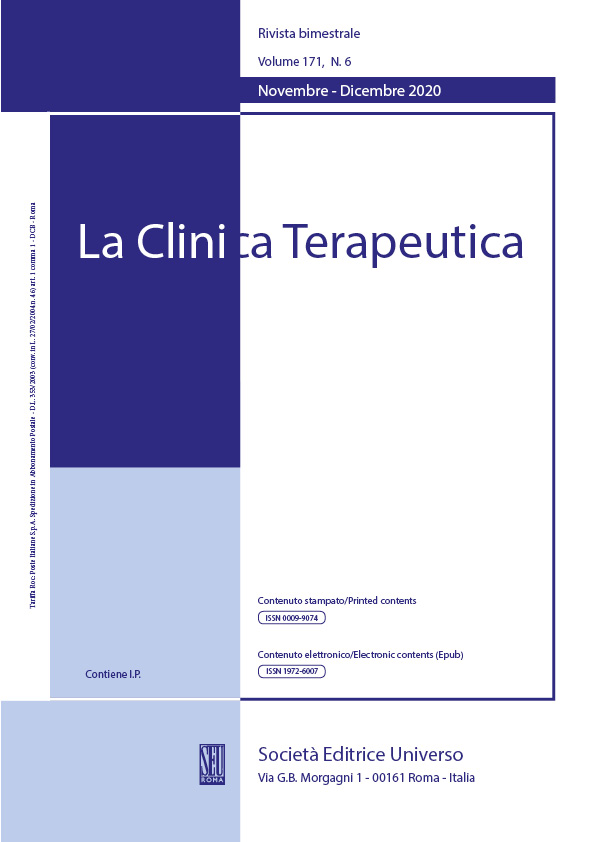Abstract
Background
Climate change (CC) is the greatest threat to the health of the planet. The scientific community has established its connection to human activities and its role in emerging and premature diseases. Our study helps to understand how students of various backgrounds and academic fields retrieve information on CC and highlights the knowledge on the main causes and consequences of global warming and on the role of healthcare workers in the fight towards this threat.
Methods
A cross-sectional study was performed through an online questionnaire administered to university students between January and December 2020. Univariable analyses were performed, Chi-square was calculated and multivariable analysis was used to investigate the relationship between the answers and socio-demographic variables. Statistical significance was set at a p-value of less than 5%.
Results
More than 80% of the sample correctly identifies as major consequences of CCs the increase in Earth's temperature (95.0%), melting of ice caps (89.4%), rising sea levels (81.8%), and the more frequent occurrence of climate-related natural disasters. Across courses of study, the frequency on how CC is addressed differs (p<0.001): students of the medical field report that the topic related to global warming was taught 31.5% of the time, 49.0% humanities students, and 63.4% among science and technology students.
Conclusion
The study shows that medical students are less prepared and less aware of the consequences and causes of CC than students in other faculties. Since CC will play a role in every aspect of patients' lives, barriers to health care will have to be overcome through the knowledge and skills acquired during undergraduate courses.
